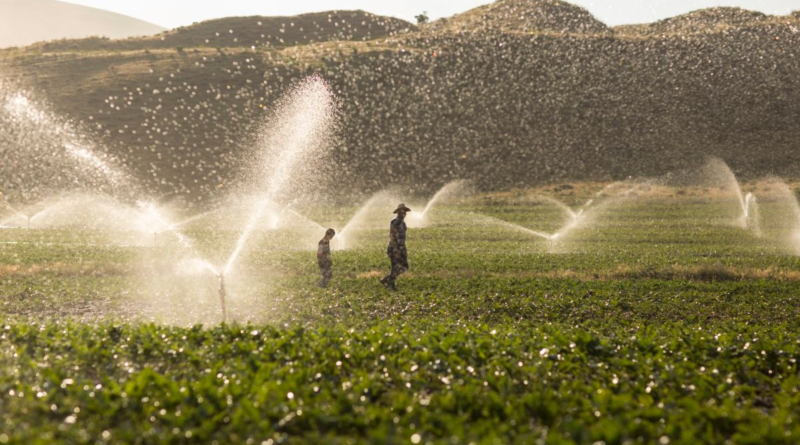Kilimo helps farmers save water and get paid for it
When people think about the water they use, they tend to think about drinking water out of the tap or maybe their daily shower. But about 70% of the water we use goes toward growing the crops that feed us, a number that swells to as high as 90% in low-income countries. Finding water for other uses can be a tough row to hoe.
In many areas, though, farmers are incentivized to use as much water as they think they need, even in excess to ensure a successful crop. “Governments want to produce their own food. They don’t want water to be expensive,” Jairo Trad, co-founder and CEO of Kilimo, told TechCrunch.
“But if farmers under-irrigate, there’s a huge risk of losing production and losing money and losing more food,” he added. “There’s an imbalance in the risk.”
Cheap irrigation has transformed many regions around the world into breadbaskets, but it also means that there can be little left for other uses.
For companies, water shortages can be an existential threat. “If you have a million $200 million bottling plant and you don’t have water next week, there’s a lot of money at risk,” Trad said. “So we started talking with people and trying to put a value on water.”
What Trad and his colleagues at Kilimo devised can best be thought of as a risk management tool. So far, the company has taken around 100,000 soil samples across 45 different crop types in a number of different countries, mostly in South America. From there, it uses those samples to connect soil moisture to satellite imagery of farm fields, which is far easier to acquire.
“You have to sit close to the ground to understand how things behave in that specific soil in that specific country,” Trad said.
Kilimo can then remotely monitor farm fields and advise farmers on their water use. It charges farmers a fee for the service, and if they’re able to successfully cut their water use, Kilimo can sell the surplus water to a company that needs it in the same watershed, sharing a portion of the proceeds with the farmer. In the end, farmers that trim their water use end up netting 20% to 40% more than they paid Kilimo. Everything is verified by third parties following the Volumetric Water Benefit Accounting standard.
Though the startup has been around for about a decade, it’s working to expand its operations as water scarcity rises to the top of executives’ lists of concerns. It currently works throughout South America, including in Argentina, where it is based, and Mexico. Next up is the Southwestern United States and Europe. To support the growth, Kilimo recently raised a $7.5 million Series A, the company exclusively shared with TechCrunch. The round was led by Emerald Technology Ventures with participation from iThink VC, Kamay Ventures, Salkantay Ventures and The Yield Lab Latam.
Kilimo is working with Microsoft, Intel and Coca-Cola, all of which have announced water pledges. (Data centers are large water consumers, as are beverages.) Trad hopes to sign more. “Each company alone is not going to make a difference. But if you can leverage corporations plus government plus development bank entities, there you start making a difference,” he said.




